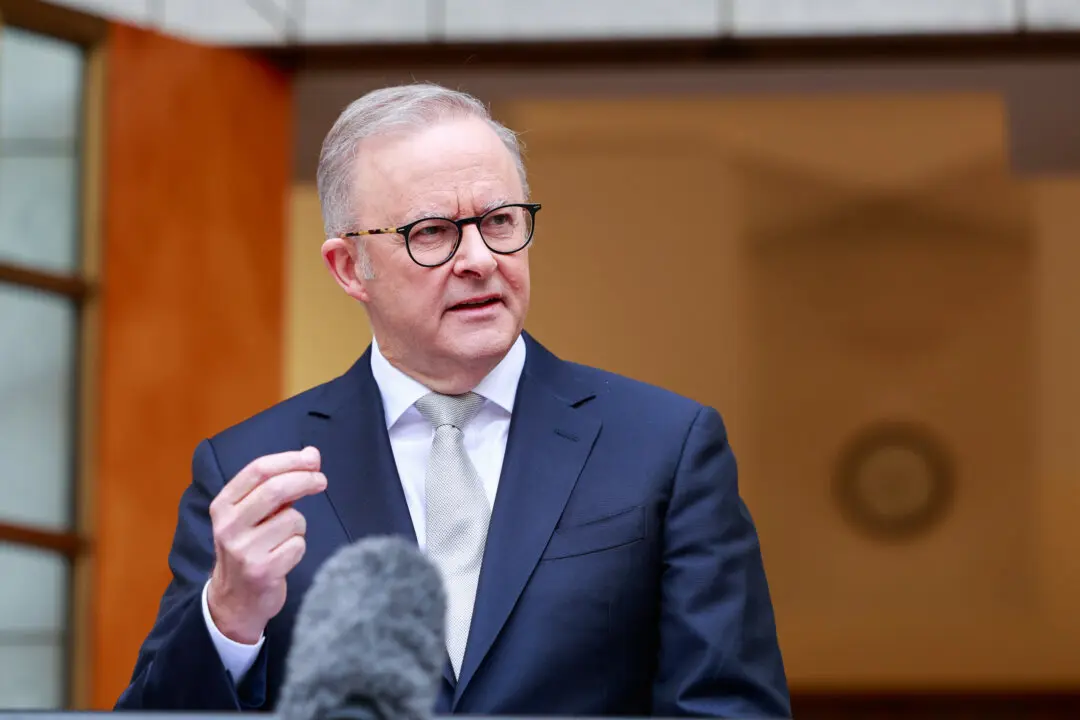The recent arrests have reignited discussion and garnered interest from Australian based organisations.
Pauline Wright, president of the Australian Law Council told The Epoch Times via email that there was significant concern among the international legal community that the rights to “peaceful protest, freedom of assembly and freedom of expression have been eroded in Hong Kong.”
Wright is concerned that the recent arrests of activists are symptoms of an escalating crackdown on the pro-democracy movement in Hong Kong.
“Despite the focus of the international community on the COVID-19 pandemic, developments such as these must not go unnoticed,” she said.
Lin Bin, a Sydney-based Chinese-language community radio commentator, told The Epoch Times via email he was very concerned about the arrests, saying such actions never occurred when Hong Kong was under British control.
He believed mainland Chinese authorities are actively pursuing different means to expand control over Hong Kong.
“Hong Kong may be [turned into] a city of mainland China. No one has the right to say something different from the authorities,” he said.
Locally, Bin said he also believed the Chinese regime was active in Australia saying, “We can tell there is interference in Australia. For example, the Hong Kong students who studied in Queensland faced attack, suppression, and intimidation from the other side.”
“Actions that undermine stability are never acceptable, but to do so during a crisis (COVID-19) of this magnitude erodes goodwill and trust,” she said.
“The rights to freedom of speech and freedom of assembly are enshrined in the Basic Law for all people of Hong Kong.”
The Hong Kong rallies received global media attention and were sparked by the attempted passage of an extradition bill by the Hong Kong legislature.
The extradition bill would have allowed criminals arrested in Hong Kong to be extradited and face trial in Mainland China.





